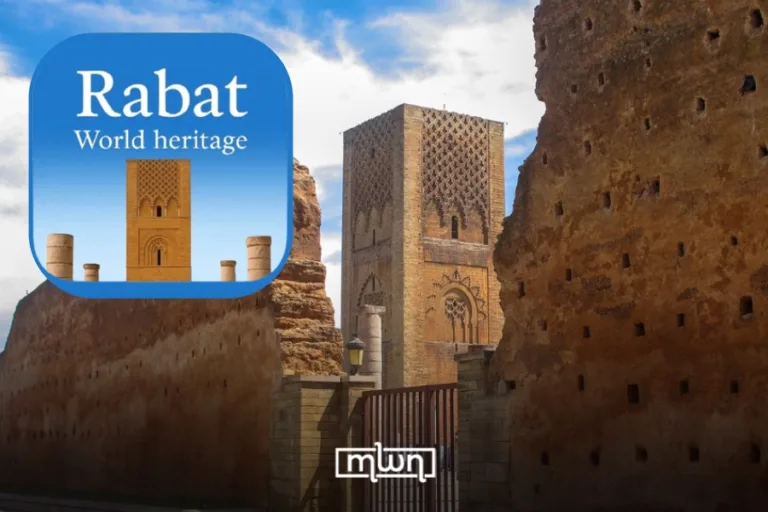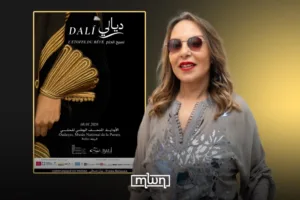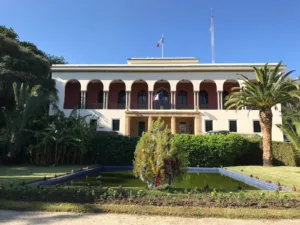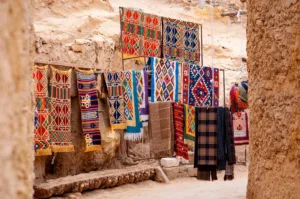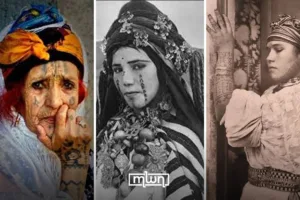Fez ‒ The National Telecommunications Regulatory Agency (ANRT) approved an MAD 80 billion (approximately $8 billion) plan last week to extend 5G internet in Morocco to 85% of the population by 2030, with initial commercial service slated for November 2025 and 25% coverage by year end.
The agency has already opened bidding for spectrum licences ahead of major sporting events such as the 2025 Africa Cup of Nations.
Various elements are important for online competitive play, particularly regarding connectivity. Some individuals are hesitant to participate in certain online competitions due to technical hindrances.
Future developments in network technology are expected to allow more individuals to engage, expanding the pool of participants beyond those with particular high-speed connections. Nevertheless, there’s a worry that certain gathering places in less populated areas might struggle if they can’t access these new networks.
Morocco’s esports scene has already begun to scale. This month’s Moroccan Gaming Expo 2025 drew global publishers and showcased an approximately MAD 4.5 billion (approximately $500 million) domestic gaming market that the government hopes to double by 2030.
Observers note that 5G could unlock live-streamed competitions and real-time cloud gaming previously unfeasible on 4G, offering players a new level of interactivity and immersion.
Market analysts estimate local esports revenues hit around MAD 32 million (approximately $3.5 million) in 2024, growing 13.7% annually since 2019.
ANRT’s roadmap prioritises dense urban hubs, industrial zones, and tech parks, raising fears of a widening urban‑rural gap.
Telecom operators have pledged parallel investments in fibre backhaul and edge data centres to mitigate latency, but industry insiders say esports tournament organisers still hesitate to schedule fully online qualifiers.
If regulators can pair aggressive roll‑out targets with inclusive coverage and clear rules for professional play, experts believe 5G internet in Morocco could turn casual gaming into a multi‑million‑dirham competitive industry — one fast enough to keep Morocco’s young talent playing at home rather than logging on from abroad.






